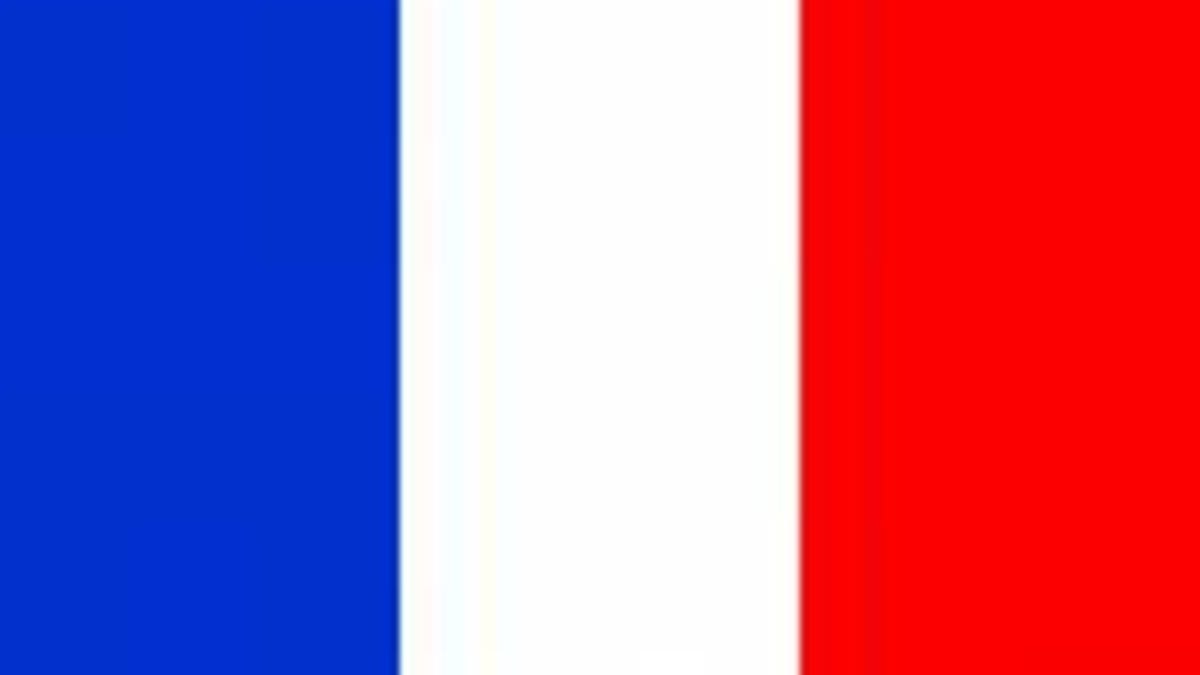France criminalizes citizens who visit terrorist and hate Web sites
After a self-described extremist went on a hate crime-fueled killing spree, President Sarkozy announces it is now illegal to frequent Web sites that promote terrorism or hate.

A 32-hour standoff between a French SWAT team and 23-year-old Mohamed Merah -- who was wanted for killing three French paratroopers, three Jewish schoolchildren, and a rabbi -- ended today with a dramatic firefight and the death of Merah who claimed to be affiliated with al-Qaeda, according to the Associated Press.
Shortly after the confrontation, Reuters reports, French President Nicolas Sarkozy announced he was making it illegal for citizens to visit Web sites that encourage terrorism or hate crimes.
"From now on, any person who habitually consults Web sites that advocate terrorism or that call for hatred and violence will be criminally punished," Sarkozy said in a televised address, according to Reuters. "France will not tolerate forced recruitment or ideological indoctrination on its soil."
Despite the shock of Merah's killing spree, a few anticensorship organizations say Sarkozy has gone too far with today's announcement. The Electronic Frontier Foundation (EFF) explains that users can still anonymize themselves or access Web sites from different locations to avoid being caught.
"There's no guarantee that criminalizing access to hate speech or terrorist content will end the very real problems of hate crime and terrorism," EFF Director for International Freedom of Expression Jillian C. York wrote in a statement today. "Extremist violence didn't start with the Internet and it won't end with it, either."
This isn't the first accusation of censorship Sarkozy has received. Not only was France on Reporters Without Borders' surveillance list for "Enemies of the Internet" for the second straight year but Sarkozy was also blamed last month for censoring Twitter users who were either critical or made fun of him.
It's unclear whether Merah frequented terrorism or hate-focused Web sites.

